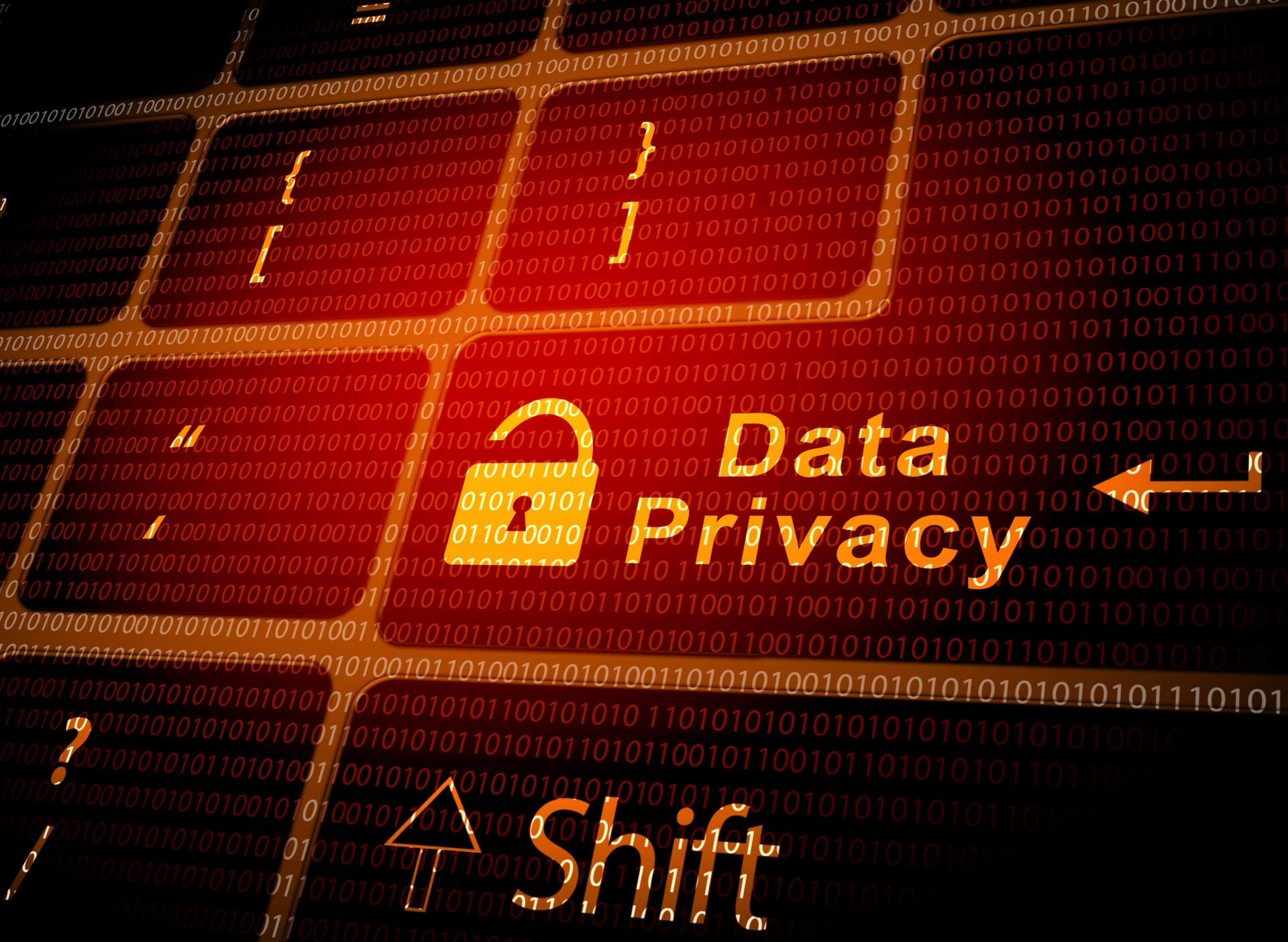So much personal information has been shared through computer networks ever since we started using the internet; hence, protecting our data privacy has become a must. Data privacy compliance and cybersecurity go hand in hand and are required regardless of the organization’s size. Between Jul 2020 and Jul 2021, GDPR violations increased by over 113.5% resulting in a jump in fines by 124.92%. HIPAA violations can carry a penalty between $100 to $25,000 per incident. It is estimated that 75% of the world’s population will have their data protected by the end of 2024, falling under one or more privacy regulations such as GDPR, HIPAA, an industry or locality-based privacy rule. Putting adequate safeguards in place to make data privacy a priority and factor it into all your data collection processes is crucial as your company collects, sends, or stores personally identifiable information (PII). To help you keep up with the latest in the data privacy field, we compiled the top 5 trends that you should be aware of for the year 2023: Artificial Intelligence (AI) has made its way into many of the applications we use daily, and around 40% of privacy compliance technology requires AI to operate, as many of its algorithms keep data protected. Organizations need to govern AI properly whenever it is used in the data protection area to ensure that the automated processes don’t expose sensitive data by accident. Over the last several months, we’ve seen a trend of putting more privacy power into the consumer’s hands. Consumer privacy UX became a “thing” when privacy regulations started requiring that apps and websites provide data transparency and tell people what data they’re collecting, how they’re collecting it, and what they do with it. People also need an “out” to retrieve their data back. Many organizations are now running a remote or a hybrid office set-up, causing them to boost monitoring employees who are working off-site, which in turn resulted in data collection changes as companies need to ensure that they aren’t violating their staff’s right to data privacy, especially when installing monitors on the employees’ devices for security reasons. With about 49% of remote employees using their personal computers for work, companies should refrain from gathering or back-up personal data owned by the employee. AI is helping cybersecurity through PEC. Using PEC as a built-in software and app component helps address privacy concerns by automating data protection; thus, developers provide value to clients. When shopping for business tools, look for PEC components in data analytics. Companies and governments are asking a question of cloud providers: “Where is my data stored?” wanting their data to be as close to home as possible. Data localization is becoming more prevalent as more organizations look at where their cloud data is being stored, especially since the location of their server governs the privacy rules and regulations it may fall under. For example, with Tik Tok being a China-based company, the social app caused many people to worry about the privacy of their data, as it was stored on servers governed by the Chinese government, which has different data privacy rules than the US and other countries. Are you risking a penalty due to lax controls? How are your data privacy protections?
1. AI Governance
2. Consumer Privacy UX
3. Increased Surveillance of Remote Employee Monitoring
4. Privacy-Enhancing Computation (PEC)
5. Data Localization
When Was the Last Time You Had a Compliance Check?
Give us a call! Let us help with a compliance checkup.
Swift Chip provides managed IT and cybersecurity services for a wide variety of companies in fields with stringent privacy and compliance requirements.
11600 Washington Place - Suite 116 C, Los Angeles, CA 90066
[email protected] 310-881-8770